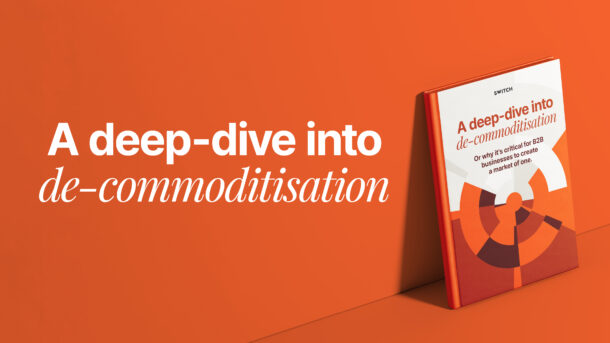What is Local SEO?
Local SEO is the process of optimising your brand’s presence on search engines to get more attention from those who are geographically close. You might wonder, what’s the difference between Local SEO in Malta and just, regular SEO? Malta is so small, Local SEO is just regular SEO, right? Wrong. The difference lies in the way the efforts manifest themselves on the Search Engine Results Page (SERP).
For example, I’m writing this blog in Swieqi. The below are the results from a “restaurants near me” search I just did on my laptop. (That search term gets around 500 searches per month in Malta, by the way.)

You’ll undoubtedly notice that the majority of the space isn’t taken up by the standard search results – the two at the very bottom. Rather, the page is dominated by the section above, called the Google Snack Pack. It takes your exact location, then finds the top 3 local business listings most relevant to your query, and displays their info to you, along with a helpful map to show their exact locations.
On mobile, it’s a similar story.

And that’s important. Around 40% of all search results in Malta over the last 12 months have originated from mobile devices.
These Snack Pack results pop up every single time there’s a “near me” search, and also whenever there’s a Service in Location search, such as “plumber in Birkirkara”, “coffee shop in Sliema”, or even simply “supermarket malta”. Don’t ignore it – a study has shown that these results claim 33% of all SERP clicks.
Does your business need Local SEO in Malta?
If you sell absolutely anything in a physical shop, or provide a service in a moderately competitive local market, then absolutely, yes. If your business relies on B2B leads, especially in a growing remote-working market, then local SEO might not be as important.
Local SEO is absolutely essential during touristic high seasons too. Statistics show us that more searches happen on desktop overall, but you can be sure that the overwhelming majority of tourists aren’t lugging their laptop around to search for restaurants.
What can you do to get started?
The quickest way to get up and running would obviously be to secure the services of SEO specialists with knowledge of the local market. That said, here are 3 things you can do right now that will start giving you results relatively quickly.
Get yourself onto Google My Business
This is probably the most important step you can take to get started with local SEO. The direct benefits of having a well-optimised Google My Business account fair outweigh the effort required to create it. The most obvious gains being visibility on the snack pack results, along with visibility on Google Maps. If someone searches for your brand name directly, a Knowledge panel will show up on the SERP with the exact information you provide on your My Business account.

It will even allow Google to confidently provide specific information about your business, for even more ease of use for the searcher.

Setting up your brand’s profile on Google My Business is a relatively simple process. Get it done today.
Understand what people are searching for
Having a comprehensive list of search terms that your business would be relevant for is important. These search terms will allow you to make basic optimisations to your website to give you the best possible chance to appear in common search results.
The most basic way to get an idea of what people search for in your industry is to take a look at Google’s auto-complete suggestions.

Another way of quickly building basic keywords is to brainstorm all possible Services in Location terms we mentioned earlier.
Here’s an easy tool to get you started if you don’t know where to begin.
With these keywords in hand, take a good hard look at all of your brand’s online touchpoints. Are most of the search terms covered in the content of your website? Do the service categories you chose on Google My Business adequately represent all the search possibilities?
Get your online presence in sync
Many businesses in Malta have a few or all of the following:
- Website
- Facebook Page
- Instagram Page
- LinkedIn Page
- Business listings (yellow, findit, etc.)
- Google My Business
- TripAdvisor (or industry equivalent)
- Official business directories
All of these platforms contain basic information about the business such as name, contact details, location, website, etc. The more of these ‘citations’ as they’re known, the more confidently Google will serve that information on the SERP. If you have multiple citations that contradict each other, that’s going to do more harm than good. Every once in a while, make sure you audit every possible presence your business has online to make sure all the information is still relevant.
Is there more?
Yes. A lot more.
But by completing these first 3 steps, you already give your business a fighting chance. If your particular industry is relatively saturated, these efforts are probably not enough.
You’ll likely need to restructure your website to take advantage of the benefits of technical and On-Page SEO. Your current website might not be mobile-friendly. Your business might benefit from creating excellent content that might build traffic to your site. Building backlinks from high-authority sites is what you might need to get over the hump.
All that said, these first 3 steps are essential. If you want to take your Local SEO efforts to the next level, you know where to find us.




